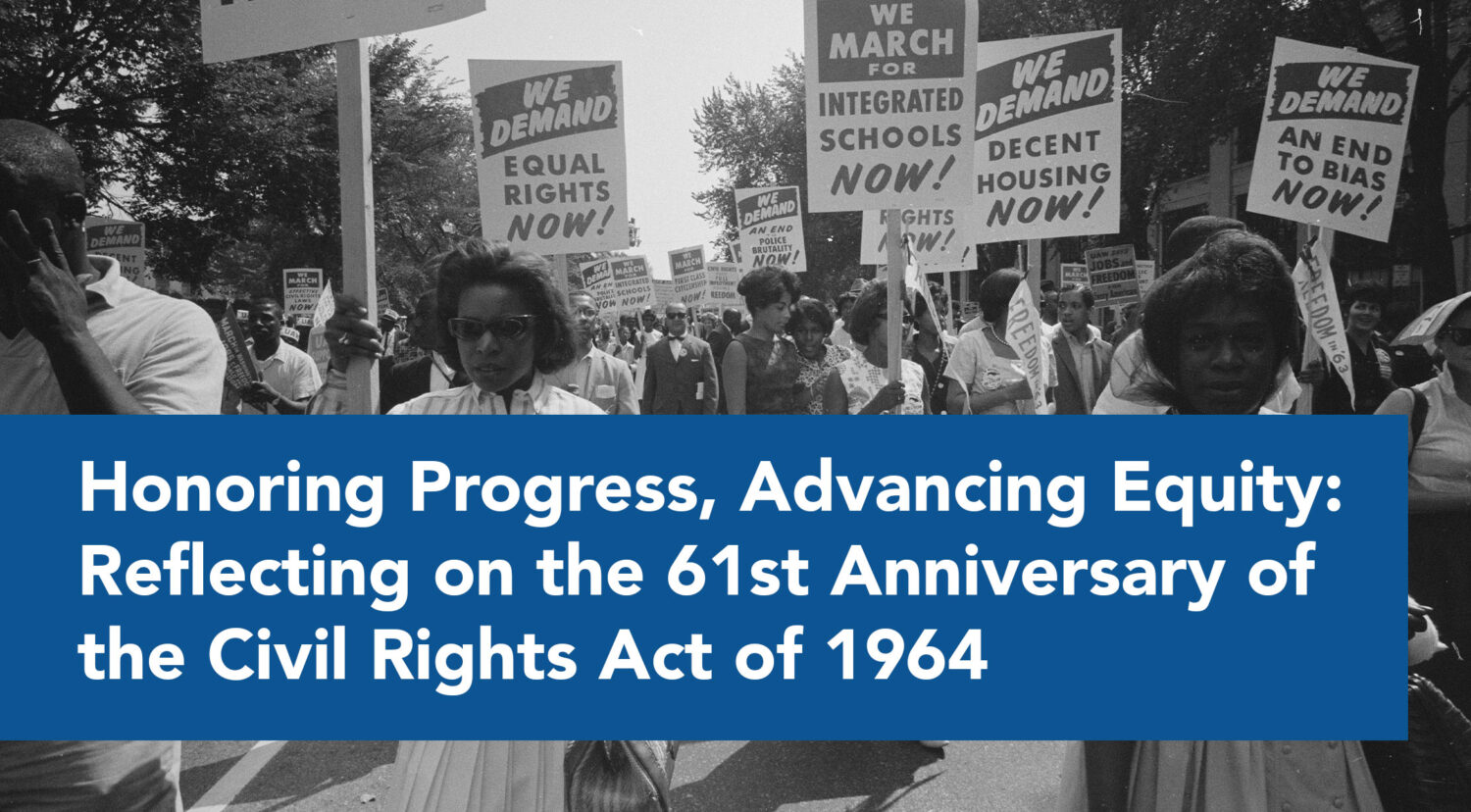

Last week, the U.S. Department of Labor’s Office of Federal Contract Compliance Programs (OFCCP) released three new directives aimed at promoting clear and efficient compliance. As with previous administrations, these new directives are a part of the Trump Administration’s efforts to make its mark on federal contracting enforcement.
In 2011, two years after President Barack Obama took office, his administration moved to rescind changes to compliance procedures made under his predecessor George W. Bush. Now, the Trump administration is rescinding the Obama Administration’s Active Case Enforcement (ACE) guidelines. In their place, the new administration is establishing an audit approach that combines elements of both ACE and the Bush Administration’s Active Case Management (ACM) Directive.
The Obama Administration’s auditing approach favored more in-depth audits that took longer than the standard auditing process. ACE also called for OFCCP to increase the frequency of random onsite audits. But under ACE, OFCCP conducted fewer audits overall for longer duration. Conversely, ACM called for increasing the number of audits conducted. These audits were shorter in nature and the agency focused its efforts on uncovering systemic discrimination.
Elements of ACE and ACM have already been included in the Federal Contract Compliance Manual (FCCM) which was revised in 2014. According to one of the new Trump Administration directives, this document should supersede all others in compliance enforcement moving forward.
In addition to rescinding ACE, which replaced abbreviated desk audits with full desk audits, the recently issued Compliance Review Procedures directive is designed to further combine parts of ACE and ACM. The goal is to increase the number of compliance evaluations conducted while shortening desk audits, involving personnel activities and compensation data submitted by contractors, and resolving issues more efficiently.
The Compliance Review Procedures directive allows OFCCP to conduct focused reviews to evaluate compliance with only one of the three laws (The E.O., Section 503, and VEVRAA) it enforces instead of requiring reviews that evaluate compliance for all three laws. It also gives OFCCP the discretion to conduct onsite reviews only when prompted by findings uncovered during the desk audit.
These three new directives follow nine other directives issued since the Trump Administration took office. The other two directives issued on the last day of November, further the Trump Administration’s efforts to streamline OFCCP’s compliance process, increase outreach efforts and improve accountability.
The Opinion Letters and Help Desk directives call for the creation of an opinion letter process to provide guidance to employers, employees, and the public about OFCCP’s application of regulations. It also sets in motion improvements to OFCCP’s Help Desk, which currently allows contractors to make inquiries by phone and email. To better serve contractors, the Help Desk will now feature a frequently asked questions section of sorts where contractors will be able to search questions previously asked by their peers.
The Early Resolution Procedures would establish procedures to help resolve supply and service compliance evaluations as quickly as possible. The new procedures will allow for multi-establishment contractors to develop corporate-wide corrective actions to remedy violations involving things like recordkeeping, applicant tracking, audit and reporting systems, and self-analysis. As a result of the new procedures, it will be easier for contractors with multiple establishments to promote corporate-wide compliance.
Essentially, these new directives promote a proactive approach to handling discrimination within Supplies and Services industries. They also enforce OFCCP’s renewed commitment to more quickly addressing violations and preventing violations from occurring. Furthermore, these directives are a continuation of OFCCP’s work to improve outreach so that contractors have a better understanding of the compliance evaluation process and can fully meet their responsibilities.
As a result of these new directives and their predecessors under the Trump Administration, federal contractors can expect the number of audits conducted to increase, but they can also expect a clearer and more efficient compliance process.





